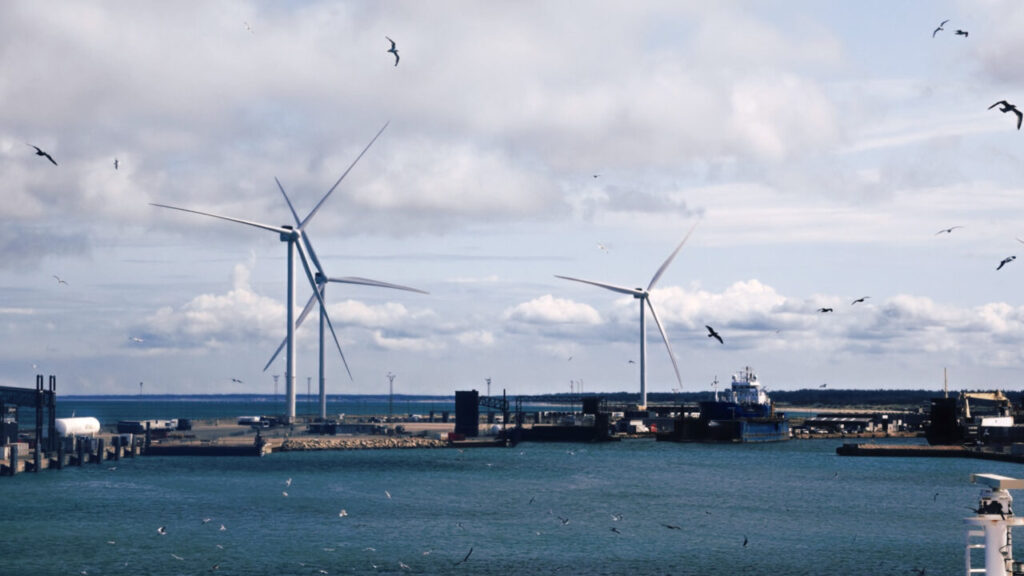After oil and gas company Petroineos announced its decision to decommission its oil refinery in Grangemouth, Scotland, the UK and Scottish governments have pledged to work together to ensure an industrial future for the site.
Petroineos confirmed it will cease refining oil at the site from Q2 2025 onwards following years of loss-making—the company states it has lost more than $775 million (£590.2 million) since 2011, despite having invested more than £900 million to maintain the refinery’s safe operation.
Although the company will continue some operations, importing already refined oil to the site, fewer than 100 of its current 475 strong workforce will be kept on.
The Scottish and UK governments will deliver an investment plan to “protect” Grangemouth’s skilled workforce and the area’s industrial future. This includes a £100 million funding package to support the community and its workers by investing in local energy projects.
In response to the refinery’s closing, an additional £20 million was added to the already-allotted £80 million of joint funding from the two governments for the Falkirk and Grangemouth Growth Deal.
The growth deal will support a range of projects including a bioeconomy plant already in the pipeline and a new £9 million technology centre to support the development, manufacture and use of low carbon technologies. These efforts will support companies to substitute their products and industrial processes for greener alternatives.
It will also establish an employment hub, led by Forth Ports, to help develop the skilled workforce needed to support emerging energy sectors. According to the Department for Energy Security and Net Zero (DESNZ), this will drive innovation and attract new investment across sectors such as offshore wind energy, renewable energy production, storage and distribution and tidal power.
Yesterday’s (12 September) announcement came as the UK government confirmed it will begin engagement on how the National Wealth Fund could back projects that have the potential to yield a long-term future for the Grangemouth site.
The National Wealth Fund was established by UK Chancellor Rachel Reeves and business secretary Jonathan Reynolds early in Labour’s premiership, bringing the UK Infrastructure Bank and the British Business Bank together to facilitate investment into green economies.
Ministers have confirmed that both governments will put local businesses, workers, and trade unions at the heart of decision-making in determining the region’s industrial future.
Energy secretary Ed Miliband called the decision to close the oil refinery “disappointing”. He promised to “stand with the workforce in these difficult times” by providing the investment package.
Scottish government cabinet secretary for net zero and energy Gillian Martin said: “The Scottish Government has consistently made clear our preference was for refining to continue as long as possible, and we have continued to press the shareholders for a positive decision until the 11th hour.
“We are clear that there should be a just transition for the refinery site and we remain committed to bringing forward low carbon opportunities that will sustain skilled jobs across the wider area for many years to come.”
Miliband will co-chair an immediate virtual meeting of the Grangemouth Future Industry Board, with Gillian Martin, and the UK government secretary of state for Scotland Ian Murray. Ministers will discuss next steps with local industry leaders, Falkirk Council, trade bodies and unions, ahead of an in-person meeting of the Grangemouth Future Industry Board later in Autumn.
Critique of Labour’s climate policy often centres around the potential job losses associated with closing down the oil and gas industry in the North Sea; the Scottish Conservatives have accused Labour of “wanting to turn off the North Sea”. As such, ensuring a just transition will be a critical part of the Labour government’s goals for net zero.






